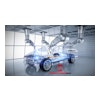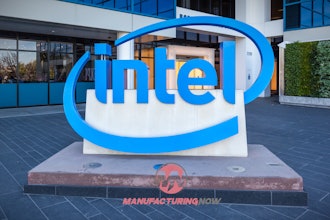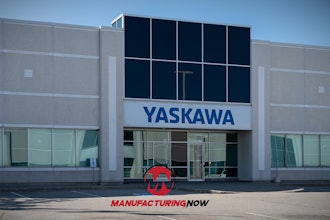This week, the Defense Advanced Research Projects Agency made an incredible announcement that could, at first, improve the operational readiness of soldiers, but eventually improve the lives of anyone suffering from jet lag or food poisoning.
In April 2020, DARPA introduced the Advanced Acclimation and Protection Tool for Environmental Readiness program. The ADAPTER program aims to create new systems that give warfighters control over their own bodies. Like any human, soldiers suffer from jet lag and food poisoning, which can make them less effective during critical missions. The plan is to create engineered cells and biochemicals that can be integrated into an internal, bioelectronics carrier device that soldiers can tap into as needed. So, if your sleep schedule is off or you tried the off-menu tamales, you can activate therapies that either eliminate the illness or regulate disrupted circadian rhythms.
This week, DARPA announced three research teams working on making the ADAPTER concept a reality.
- A team from Northwestern University will work on a wirelessly controlled bioelectronic implant that releases peptide-based therapies. The hope is that the therapies will stabilize circadian clocks and reduce the time needed to adapt to new time zones or drastic changes in work schedules.
- A team from Stanford will develop an implantable device that produces and releases melatonin on demand for up to 30 days.
- And a team of MIT researchers will work on an ingestible device that deploys in the gut and produces compounds that both kill foodborne pathogens and neutralize toxins that may have been released by the pathogens.
In phase I, the teams will create engineered cells capable of performing specific biological functions. Teams will also create prototypes of the bioelectronic carrier that can house the engineered cells and deploy them internally through external activation.
In phase II: animal testing. The carrier and cells will be placed in a large animal model to deliver physiologically-relevant doses of therapy.
The final phase will focus solely on making the ADAPTER system safe for humans.
The concept opens itself up to a host of security concerns, such as whether soldiers' melatonin could be hacked to put them to sleep, but we're sure that will all be ironed out before this concept sees the field of battle.






















